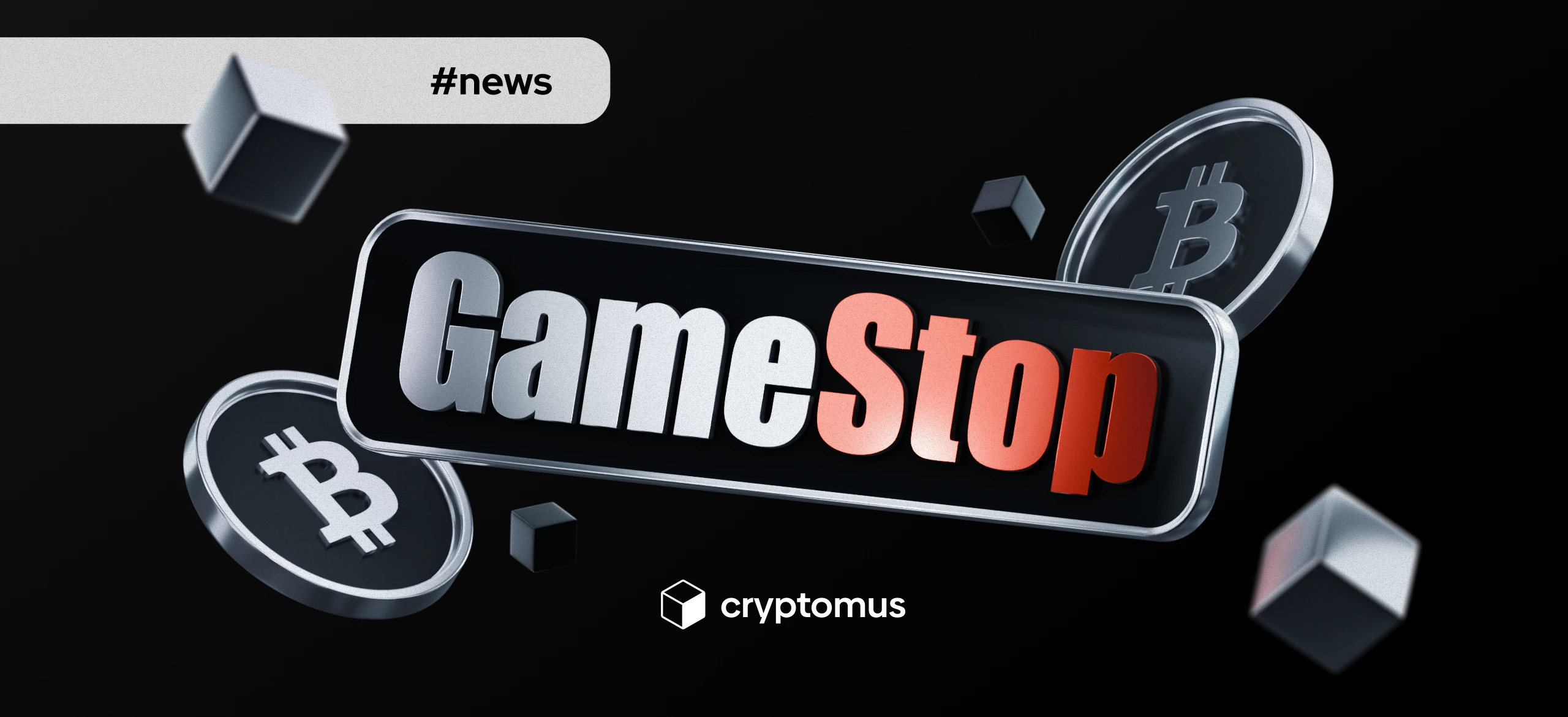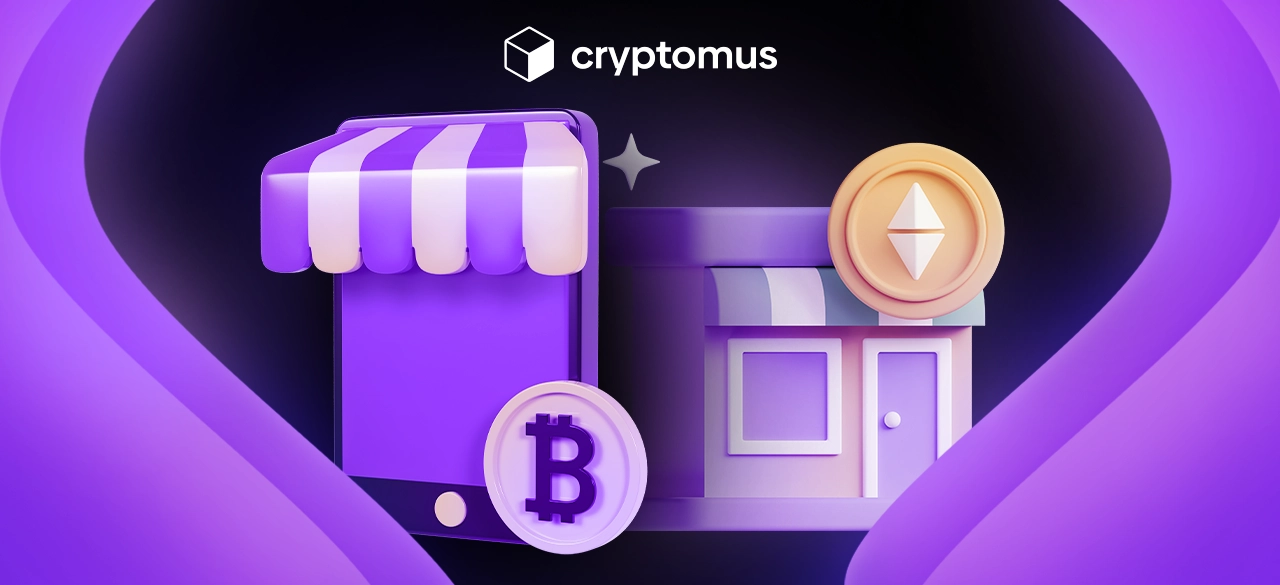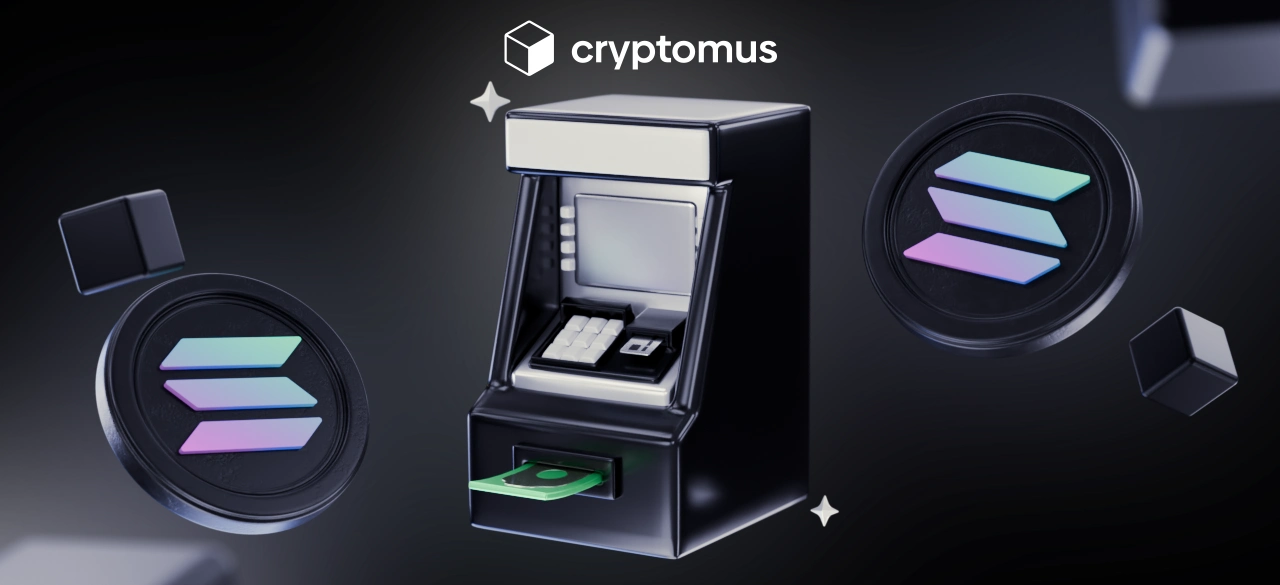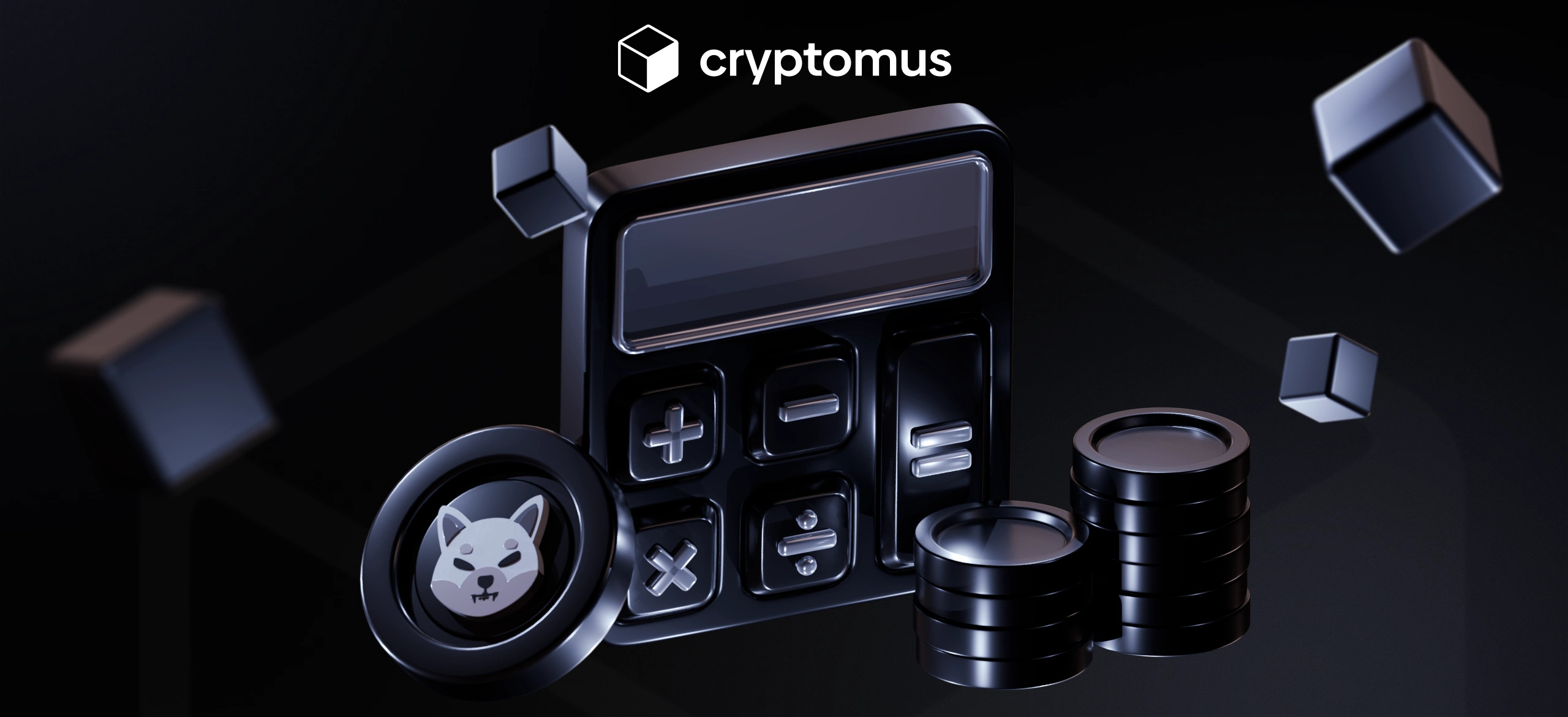
GameStop May Start Accepting Crypto for Trading Cards, Says CEO
Table of Contents
GameStop appears to be taking another step into digital finance, this time with a renewed interest in cryptocurrency as a potential payment method. CEO Ryan Cohen recently hinted that customers may soon be able to purchase trading cards using crypto, marking a fresh direction in the company’s evolving collectibles strategy.
This isn’t GameStop’s first crypto-related experiment, but the tone has shifted. Past ventures like its NFT marketplace and crypto wallet were met with regulatory headwinds and eventually shuttered. Now, it's focusing on a more grounded approach—integrating digital currencies into daily transactions rather than abstract speculation.
GameStop Integration With Crypto
During his appearance on CNBC’s Squawk Box, Cohen explained that GameStop is exploring the possibility of accepting cryptocurrency for its collectibles segment, particularly trading cards. While the company hasn’t committed to any specific token, it’s open to evaluating all options.
“There’s an opportunity to buy trading cards and to do so using cryptocurrency,” Cohen said, acknowledging the idea is still in early-stage consideration. The emphasis, for now, is on gauging demand. In other words, if customers show interest, the infrastructure may follow.
This potential move reflects a broader trend within the retail and digital sectors. Many companies are exploring cryptocurrency payments, not with the expectation of immediate widespread adoption, but in recognition of the growing interest among specific consumer segments. For GameStop, this includes tech-savvy collectors, active retail traders, and long-time crypto users, many of whom already align with its existing customer base.
New Direction for GameStop
Cohen framed the crypto payment idea as part of a larger shift within GameStop’s business model. The retailer is actively trying to reduce its reliance on gaming hardware, an increasingly low-margin and volatile category, and instead expand into collectibles and other high-margin segments.
Cryptocurrency, in this case, is not just a payment tool; it’s a signal of broader ambitions. By integrating crypto into consumer transactions, GameStop positions itself alongside a new wave of commerce models that prioritize flexibility, digital ownership, and customer-centric payment options.
There’s also a longer-term idea behind this. As Cohen mentioned, crypto isn’t just for investing; it can also be a way to protect against inflation and the falling value of traditional currencies. This has been a common belief in the crypto space, but GameStop’s move may suggest that more traditional companies are starting to see crypto as useful, not just speculative.
Even so, GameStop is being cautious. Its earlier crypto projects, like the NFT marketplace and browser wallet, were shut down due to unclear regulations. This time, the company seems more focused, using crypto for payments instead of trying to build a full Web3 platform.
GameStop’s Unique Bitcoin Approach
Earlier this year, GameStop grabbed attention by buying 4,710 BTC, which was worth more than $500 million then. Many people compared this to MicroStrategy, a software company known for buying large amounts of Bitcoin for its treasury. However, Cohen disagreed with that comparison.
“We’re not trying to copy MicroStrategy,” he told CNBC. “We have our own unique strategy… and we will deploy that capital responsibly.”
That capital, now increased to $2.7 billion after a larger convertible note offering, might be used for more crypto purchases or other investments that fit GameStop’s changing business plans. However, the market’s first reaction was mixed. Shares rose before the Bitcoin buy but then fell, showing that investors are still unsure about GameStop’s new direction.
What is notable is Cohen’s view of Bitcoin. He does not see it as a risky gamble but rather as a careful way to diversify assets. He calls it a “hedge against inflation and global money printing,” a view shared by other companies holding Bitcoin, but without the extreme enthusiasm seen in some crypto-focused firms.
What Could This Mean for GameStop and the Industry?
If GameStop accepts crypto for trading cards, it could set an important example. While big retailers like PayPal and Shopify use crypto, the collectibles market is still mostly untouched.
Crypto payments may not bring quick mass adoption, but these small, engaging purchases are good for testing customer interest and improving systems without much risk. This also shows GameStop’s crypto plans are becoming more practical, focusing on real uses rather than marketing.
Simplify Your Crypto Journey
Want to store, send, accept, stake, or trade cryptocurrencies? With Cryptomus it's all possible — sign up and manage your cryptocurrency funds with our handy tools.
Get Started









